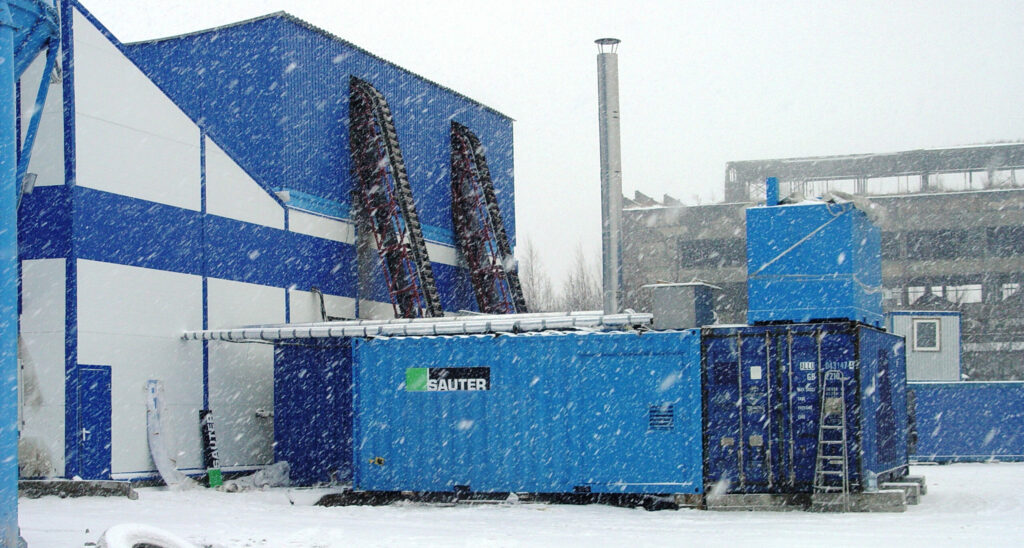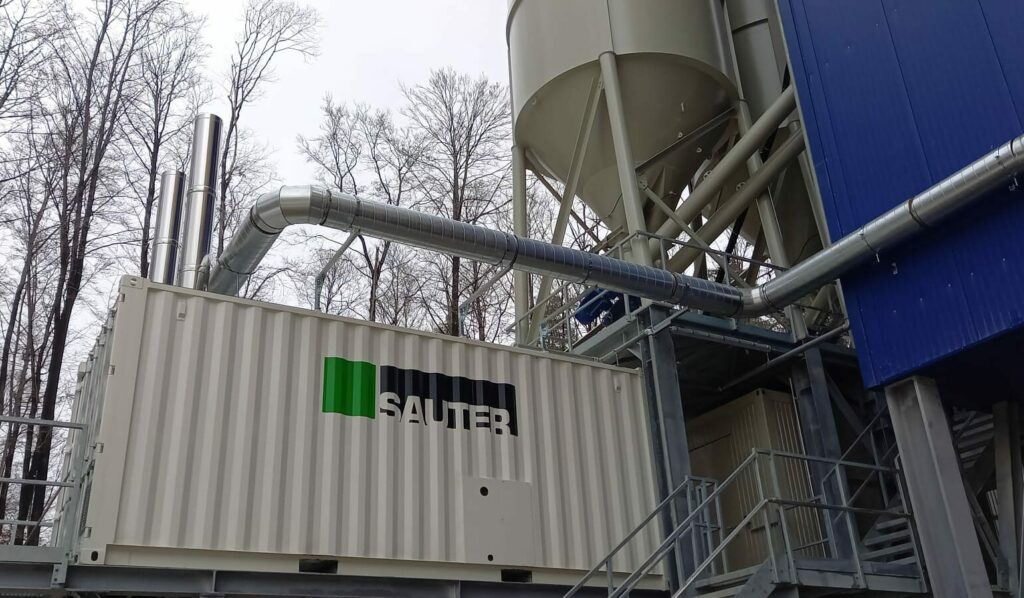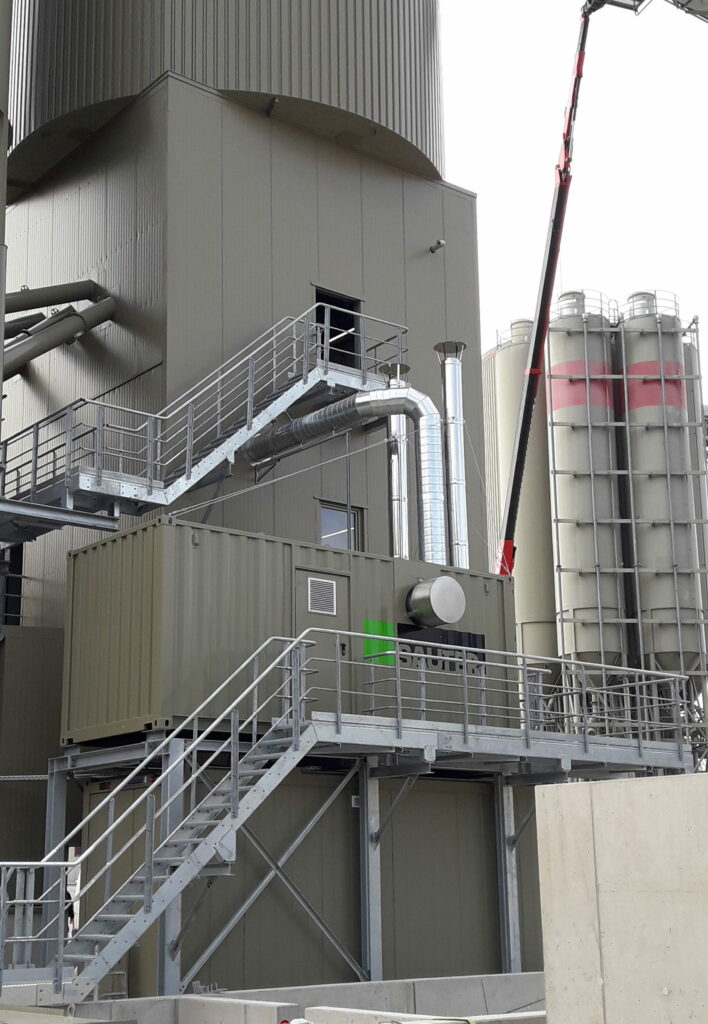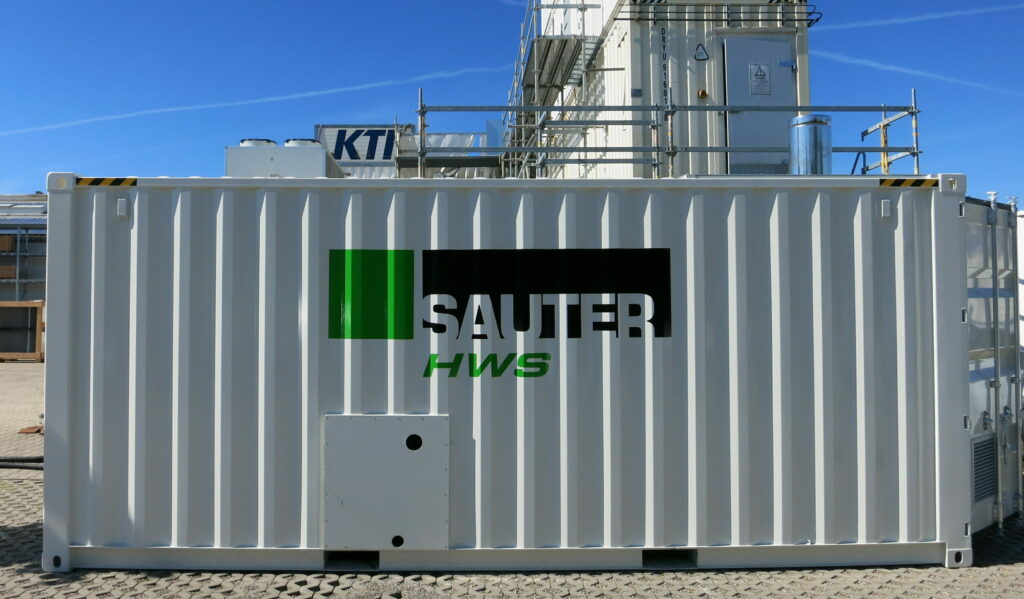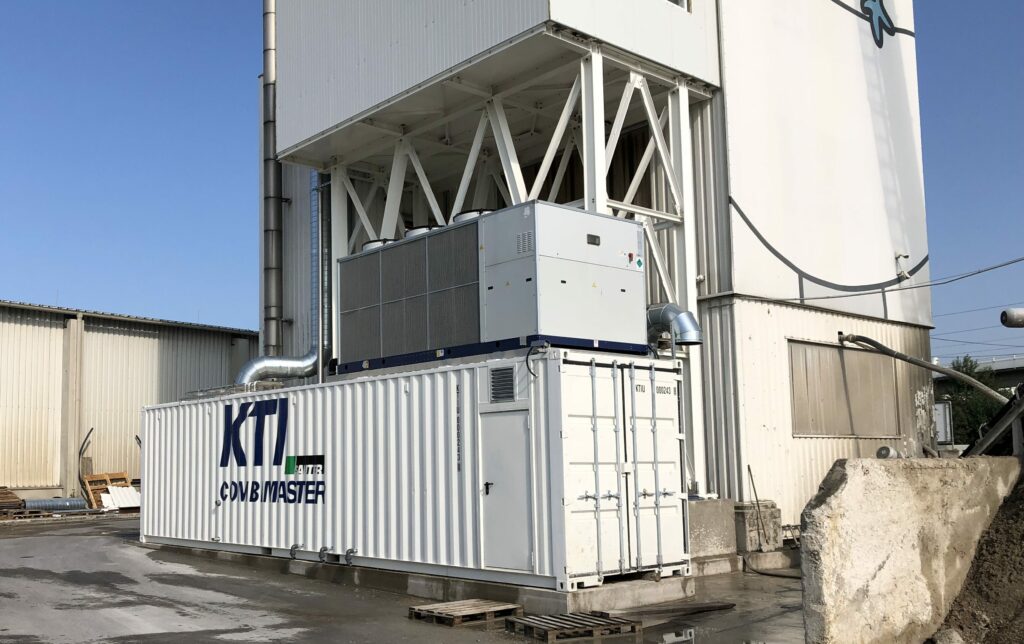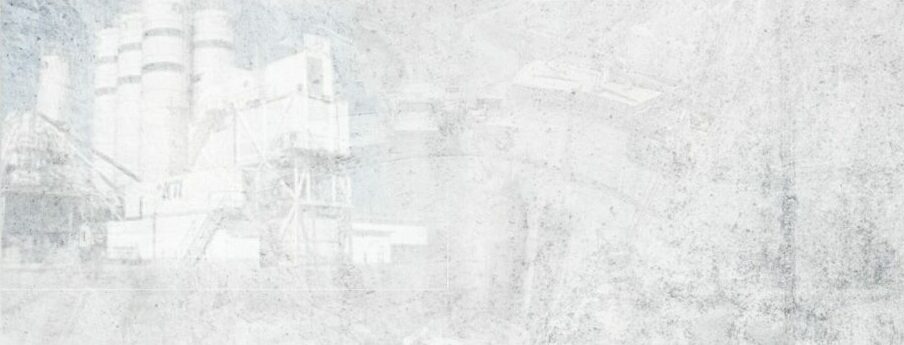
KTI - ConTempCo
Winter Concreting
For concreting in winter and cold weather (ambient temperatures below +5 °C), special measures must be taken during concrete production and processing so that the concrete hardens completely and safely despite frost, rain or snow and reaches maximum strength.
KTI - ConTempCo
What is the optimal concrete temperature in cold weather conditions?
For concreting in winter temperatures, as a rule, a certain Minimum temperature of the concrete is prescribed. At air temperatures between + 5 °C and - 3 °C, the concrete temperature at placement must be at least + 5 °C If cements with low heat of hydration (LH cements) are used, even mostly + 10 °C prescribedn. If the temperature is lower than -3 °C, a concrete temperature of +10 °C when placing always prescribed.
The following applies in principle: The lower the concrete temperature, the longer the strength development takes. Example: Concrete at + 5 °C needs approximately twice the time for strength development than concrete at + 20 °C . If the concrete reaches the -10 °C limit, the hardening process comes to a complete standstill.
Betonieren Im Winter DE
Concrete curing in winter
KTI – ConTempCo
Your advantages of concrete heating

fresh concrete temperature
at least +5°C to +20°C
Continuous construction activity
since concreting is possible regardless of weather conditions

Safety and warranty
Due to controlled curing conditions

Time optimization
Rapid attainment of freeze resistance and short shutdown times
KTI – ConTempCo
How to heat concrete in winter?
Fully comprehensive solution for concrete heating with hot water and silo heating
Three levers are available for the production of fresh concrete in winter:
- The heating of the addition water
- The heating of gravel
- The heating of sand
KTI - ConTempCo
What are the effects of low temperatures during concreting?
- Solidification and moisture development is delayed. This results in longer stripping times and a longer curing period. The young concrete must therefore be protected for longer.
- Structural damage due to freezing through too early: If young concrete freezes before freeze-through resistance is reached, the concrete structure may be disturbed and permanently damaged due to the increase in volume of the freezing water contained in the concrete.
- Reduction of the adhesive bond between concrete and reinforcement or top and bottom concrete due to ice and snow accumulation on formwork or reinforcement.
- Risk of frost damage when concreting against frozen ground, formwork or structural elements, if due to their low temperature the concrete freezes through before reaching its freeze resistance.
- Risk of crackingThis is the case when high residual stresses occur due to higher temperature differences in the component between the edge and core zone after stripping or removing heat-insulating covers. In addition, cold, dry air - also in combination with wind - can lead to increased drying of the concrete in winter and thus to increased cracking.
KTI – ConTempCo
In a nutshell
- Young concrete has Freezing capacity is achieved when it has a compressive strength of at least 5 N/mm² or its temperature has not fallen below +10 °C for at least 3 days.
- The lower the concrete temperature, the longer the strength development takes.
- Concrete at + 5 °C needs about twice the time for strength development than concrete at + 20 °C .
- If the concrete temperature drops below -10 °C, the curing process comes to a complete standstill.
- KTI SAUTER has Three solutions for concrete heating at low temperatures in the portfolio: 1. hot air system 2. hot water system 3. TURBO.
KTI – ConTempCo
We are here for you
Contact our experts
Concrete Cooling & Concrete Heating
How would you like to be contacted?

